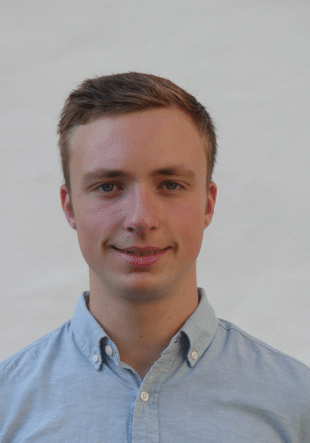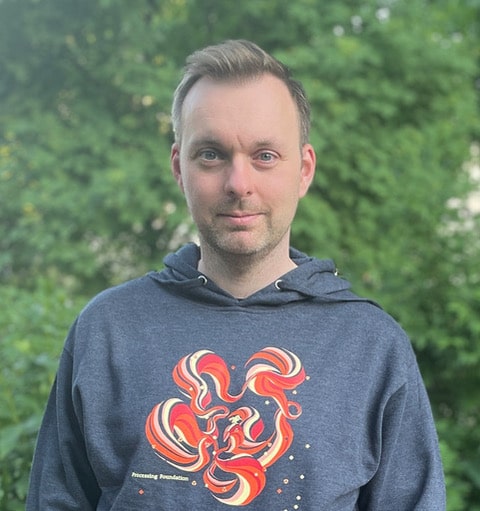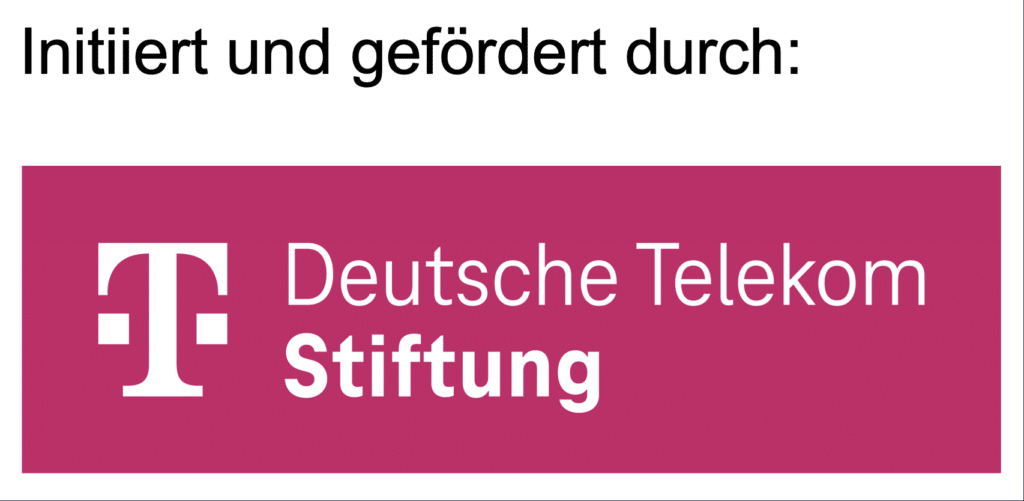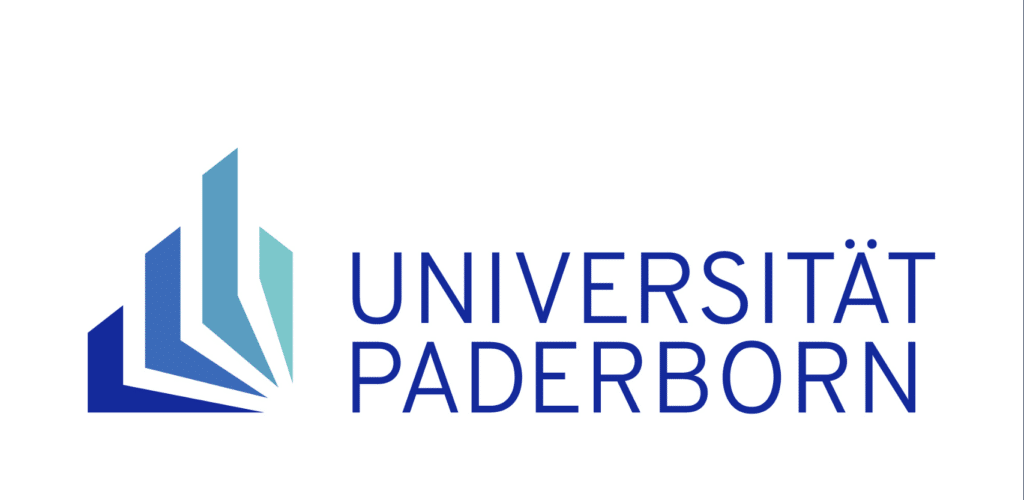Abstract
Programming and Computer Science are closely linked in the educational context – in computer science classes students are to be taught on how to program. However, there is little discussion about the educational role and relevance of learning programming at school. In our talk, we want to present ideas and approaches to use (data-driven) programming within one’s own „life“ and surroundings as an empowering means for self-expression and for stimulating social and political discourse and exchange. With these perspectives, we want to make the case for programming as a tool for thinking and communicating; or as we call it: programming as epistemic programming.
Here, the key idea is that programming should be reconsidered from being an external tool to being an integral part of the thinking and learning process itself that makes proper use of computing technology as cognitive tools.
Regarding data science and especially when performing data analyses, in particular, programming can be a means to gain own relevant insights, communicate them, and express oneself in this way. Tinkering with (personal) data, looking deeper and deeper into it and creating meaningful data analyses through programming can lead to insights about personally relevant topics from the own environment, which can then be used to draw attention to possible problems and develop ideas for solutions.
Implementing this approach in school could therefore be a useful way to provide students with an interest-centered and insight-driven perspective on programming, which could give this programming approach an increased educational relevance – especially regarding the everyday life.
Bio Sven Hüsing

Sven Hüsing is a PhD student for Computer Science Education at Paderborn University, Germany.
His current research focuses on the development and refinement of the Epistemic Programming concept as well as on its implementation in schools in order to empower young people to use programming as part of their cognitive processes and thereby as a means for self-expression and the exploration of own fields of interests.
Sven Hüsing is part of the Project on Data Science and Big Data at School (ProDaBi, www.prodabi.de), where he is developing and evaluating teaching modules, teacher trainings and curriculum ideas regarding the topics of Data Science, Big Data and Artificial Intelligence. Within this project, he is interested in connecting the Epistemic Programming approach to projects on data exploration. Here, students get the opportunity and freedom to explore their environment regarding their own ideas and interests through data analyses and present their insights together with the intertwined knowledge-acquisition and programming process in a comprehensible and reproducible way.
In this way, the role of data analyses and Epistemic Programming, in general, is supposed to be emphasized, so that students can perceive and self-determinedly use this means for knowledge acquisition and self-expression.
Bio Carsten Schulte

Carsten Schulte is professor for computing education research at Paderborn University, Germany.
Work and research interests are: Philosophy of computing education and empirical research into teaching-learning processes (including eye movement research). Since 2017, he has been working together with Didactics of Mathematics (Paderborn University) in the ProDaBi project, in which Data Science and Artificial Intelligence are prepared as teaching topics. He is also PI in the collaborative research centre ‘Constructing Explainability’ on explainable AI.
Bio Dan Verständig

Dan Verständig is a professor for educational science with a focus on general media education at Bielefeld University, Germany.
Interests and Fields of Work: Dan’s work focuses on the intersection of educational and media theory. In the context of extracurricular media education, Dan is concerned with the design of learning and educational occasions and the promotion of digital competencies. Besides, Dan’s research focuses on the empirical investigation of creative practices in dealing with digital technologies.



